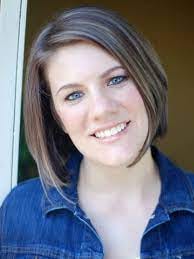There was a writer by the name of Rachel Held Evans. She’s dead now. I didn’t like her.
Rachel was, like myself, apart of the Millennial Religious Homebrew Movement (MRHM). [Remember this acronym, I will use it a few more times.] I say “movement” like it was somehow or other organized, when in reality MRHM is just a term I made up, just now, as I’m…
Keep reading with a 7-day free trial
Subscribe to Holy is He Who Wrestles to keep reading this post and get 7 days of free access to the full post archives.




